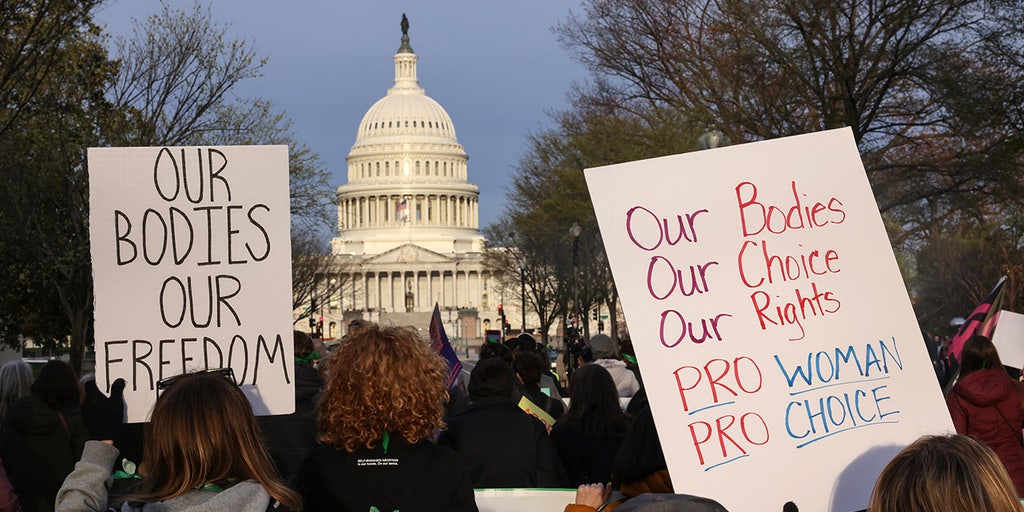Proponents of the pro-life movement are leveling accusations against the Food and Drug Administration (FDA) for what they perceive as a “reckless disregard for women’s health and safety” in their management of a contentious abortion pill that has become the focal point of a significant legal battle.
During arguments on Tuesday, the U.S. deliberated on a case that could potentially limit the nationwide availability of abortion pills like mifepristone, a medication that has sparked criticism from the pro-life community, including Jeanne Mancini, the President of March for Life.
Mancini expressed concern over the FDA’s decision to eliminate most safeguards surrounding mifepristone, emphasizing the heightened risk it poses to women and girls by potentially exposing them to severe, and even life-threatening, complications without the continuous supervision of a healthcare provider. She underscored the imperative for the FDA to be held answerable for failing to uphold its own standards regarding abortion medications, denouncing the agency’s perceived disregard for women’s well-being as unacceptable given its mandate to safeguard it.
The legal case, FDA v. Alliance for Hippocratic Medicine, revolves around a medication approved by the FDA in 2000, which, when used in conjunction with another drug, terminates pregnancies as early as 10 weeks gestation.
Demonstrations unfolded outside the U.S. Capitol and Supreme Court during the discussions concerning mifepristone.
In a move aimed at enhancing accessibility, the FDA made significant adjustments in 2021 to streamline the process for obtaining mifepristone, including eliminating the prerequisite for an in-person doctor’s visit to acquire a prescription. However, following the Supreme Court’s pivotal ruling in June 2022 that overturned Roe v. Wade, a federal appeals court in Texas deemed the FDA’s policy alteration unlawful, along with an earlier revision that extended the recommended usage of the pill by several weeks. This decision is now under scrutiny by the high court.
Critics, such as Carol Tobias, President of National Right to Life, criticized the FDA for relaxing safety protocols surrounding mifepristone, despite the medication carrying a black box warning denoting its severe side effects and safety concerns. This leniency allows for the prescription and mailing of mifepristone to women without necessitating an in-person examination.
Marjorie Dannenfelser, President of SBA Pro-Life America, emphasized the importance of upholding safeguards for women and girls, advocating for the FDA to fulfill its responsibilities. She highlighted the necessity of standing alongside women impacted by abortion drugs and the healthcare providers supporting them.
Erik Baptist, senior counsel of Alliance Defending Freedom, stressed the plea from pro-life organizations to reinstate the original standards that had been in effect for over 15 years.
Conversely, advocates for reproductive rights maintain that mifepristone is a safe and indispensable medication in the realm of reproductive health post-Roe v. Wade.
Rabia Muqaddam, senior staff attorney at the Center for Reproductive Rights, affirmed the exceptional safety and efficacy of mifepristone based on extensive research and clinical experience. She dismissed opposing arguments as relying on discredited research and biased viewpoints rather than established scientific evidence.
The case is framed as a substantial threat to women’s rights and beyond, with implications for the availability of FDA-approved medications and the broader landscape of sexual and reproductive healthcare.
The gravity of this case is underscored by its potential impact on the future of healthcare access and beyond, emphasizing the significance of the Supreme Court’s decision in shaping the trajectory of sexual and reproductive health care in the United States.
